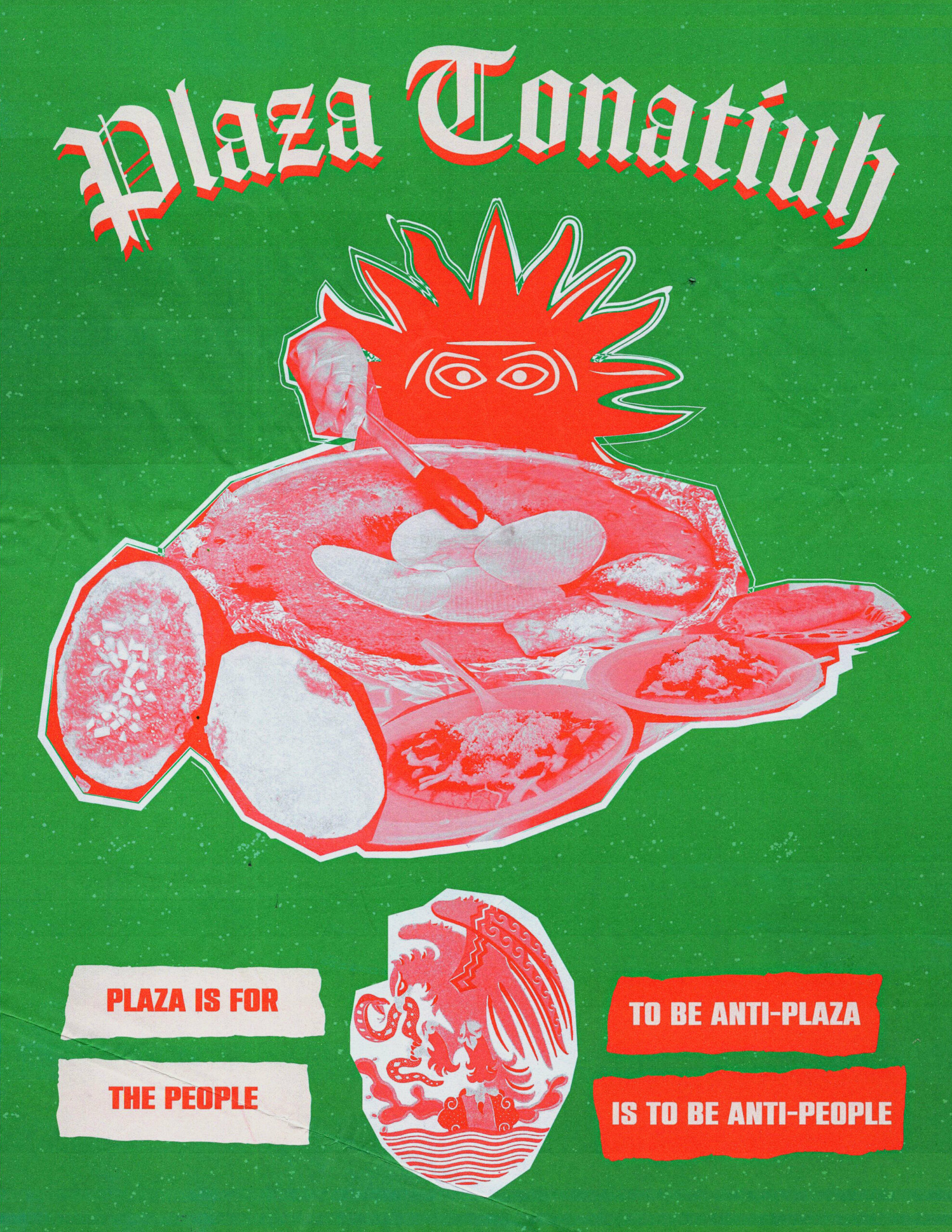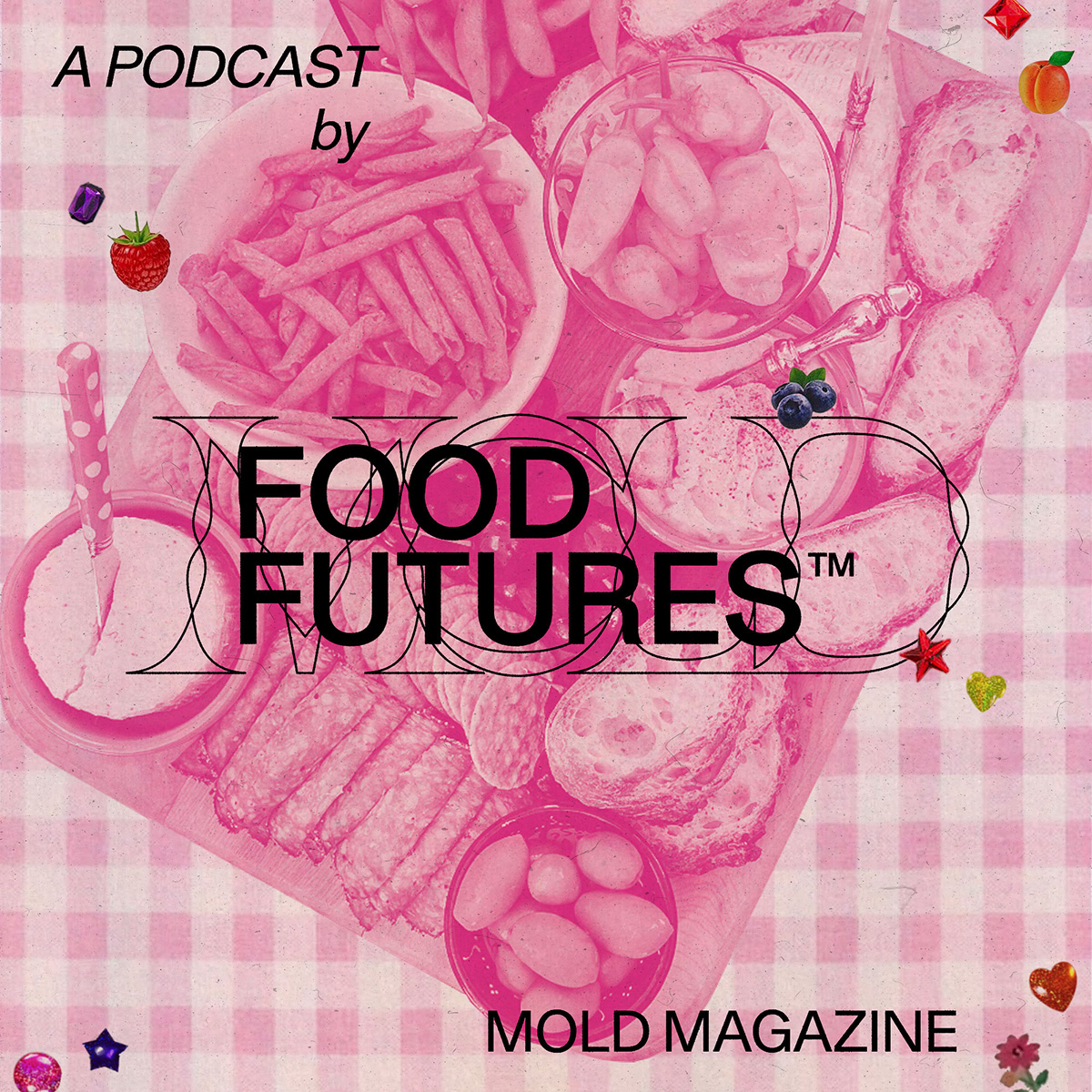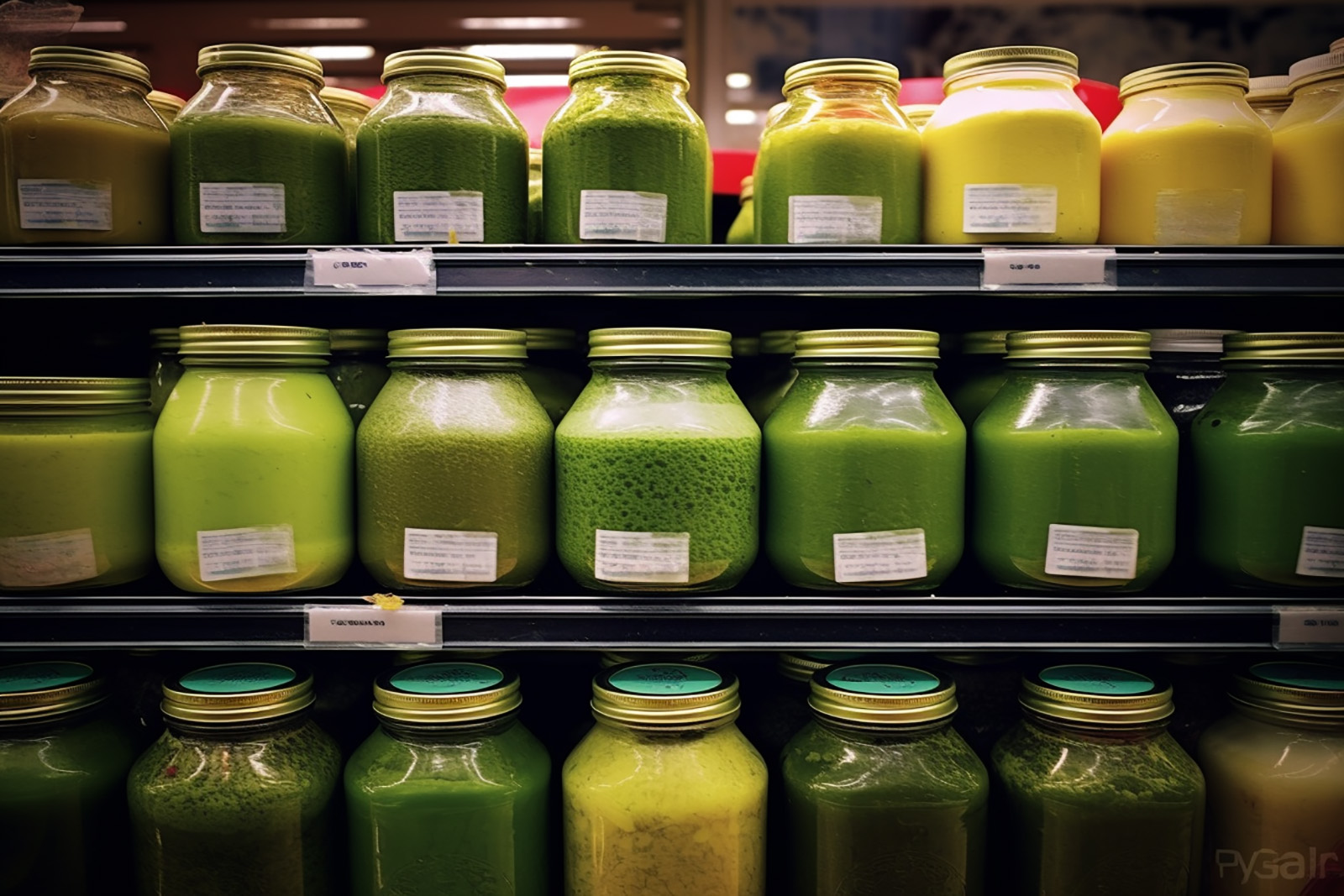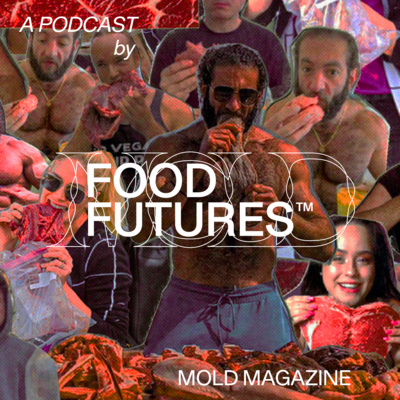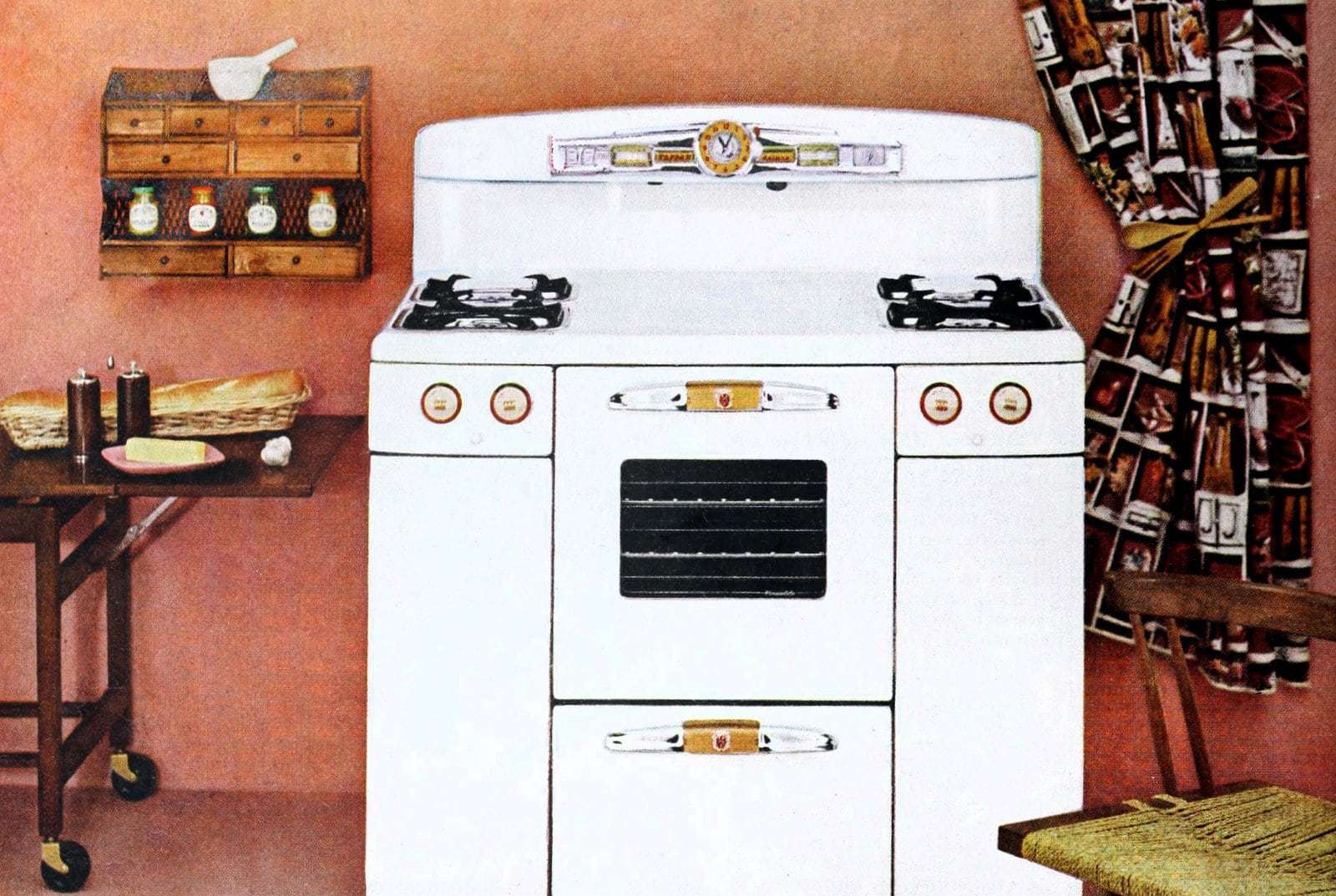In New York City alone, there are an estimated 20,000 street vendors. Throughout the city, you can buy hot dogs, flowers, clothes, art, tacos, and so much more. Although they may not have brick and mortar shops, these folks are running small businesses and hustling to make ends meet.
The majority of these folks are immigrants and people of color.
They work long hours, often withstanding the harsh outdoor weather.
All they ask from us? Let them use some of our shared public space to do their job.
However, this livelihood is becoming harder and harder to maintain.
In New York City, there has recently been an unrelenting crackdown by the Adams administration on street vending. Because of a cap on the number of mobile cart licenses, it’s nearly impossible to get a street vending license in the city. Many of the city’s streets have been officially closed to street vending, thanks to pressure from big business groups. Vendors are also being threatened with really expensive tickets for minor violations. However, street vending is a key way that immigrants are able to make a living in the US, and vendors are a vital part of our diverse food system.
The MOLD team took a trip to Plaza Tonatiuh in Brooklyn’s Sunset Park neighborhood. Not only did we eat some really great food, but we also learned a lot from some inspiring people.
On this episode of the Food Futures podcast, we speak to street vendors from Plaza Tonatiuh in Brooklyn’s Sunset Park and community organizer Brian “Leo” Garita about their fight for a share of public space. We’ll also have a conversation with urban planning scholar, Ryan Devlin, who studies street vending and design solutions for vendors.
Listen to this episode of Food Futures here.
